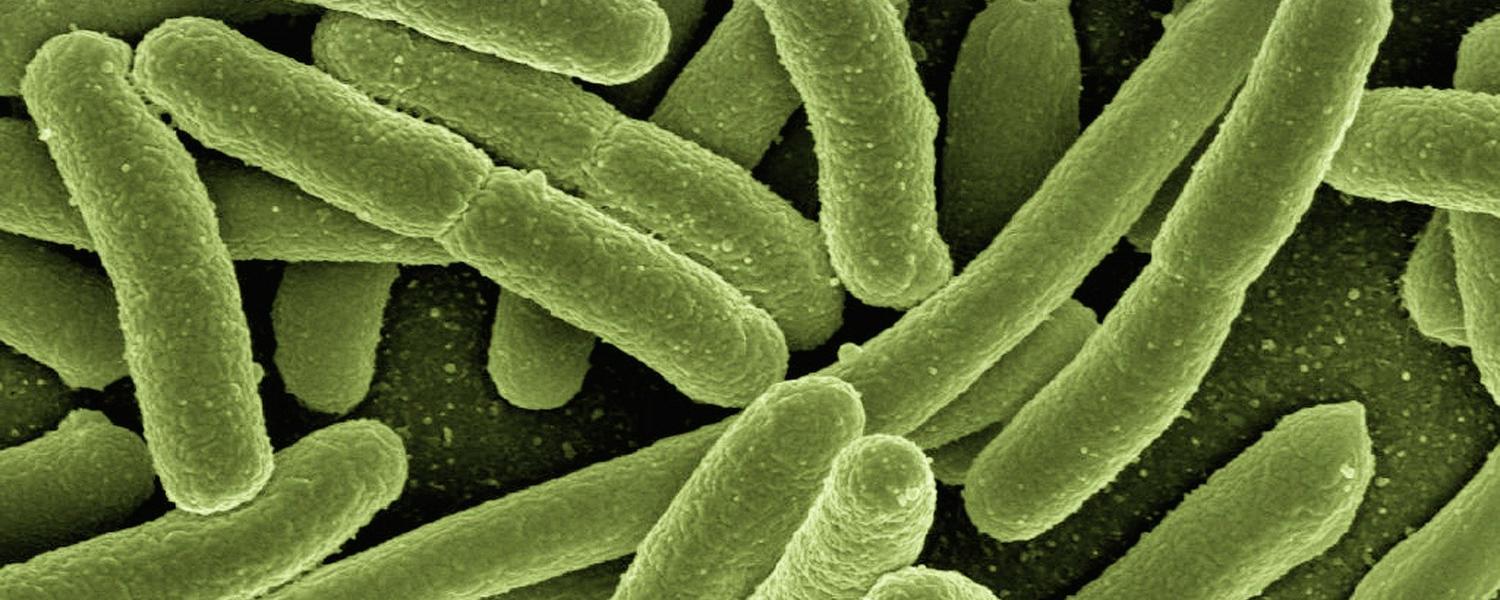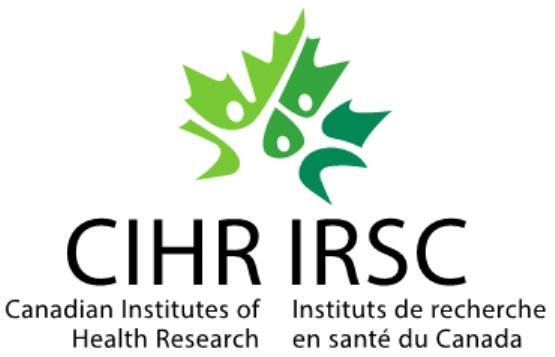
EPIC Study
E. coli Antibody Protein in Children
Study Summary
Diarrhea is a leading cause of morbidity and mortality in infants worldwide. Specifically, Enteropathogenic E.coli (EPEC) is responsible for 1.3 million deaths annually. We have recently demonstrated the presence of a complementary, sex-hormone dependent, antibody-driven mechanism of capturing EPEC in the livers of female mice. This mechanism resulted in a significant survival advantage during a subsequent EPEC infection.
The level of these protective antibodies rises throughout puberty in females but remains virtually non-existent in males. High levels of these antibodies are also detected in newborn mice of both sexes early in life which then dropped off, suggesting they were transferred from mom.
The goal of this study is to determine if a similar mechanism is present in humans by determining if sex, age and breastfeeding history influence anti-EPEC antibody levels in children aged 0-17 years.
Objectives
- To determine whether a history of breast-feeding results in higher levels of anti-EPEC antibodies in newborn and infant children
- To determine whether circulating estrogen levels correlate with anti-EPEC levels
- To determine whether there are similar antibody responses to non-EPEC causes of infection in children
Principal Study Investigator: Dr. Paul Kubes
Leading Institution: University of Calgary
PERT Site Investigator: Dr. Graham Thompson
PERT Site Research Coordinator: Ashley Jones
Study Team: Josee Wong, Dr. Craig Jenne, Dr. Bruna Araujo David, Carol Rizkalla

